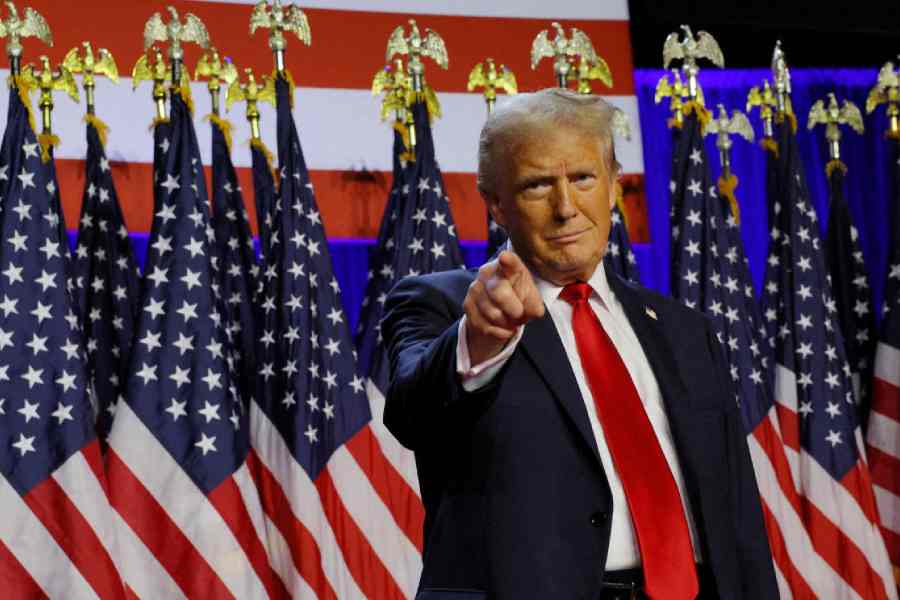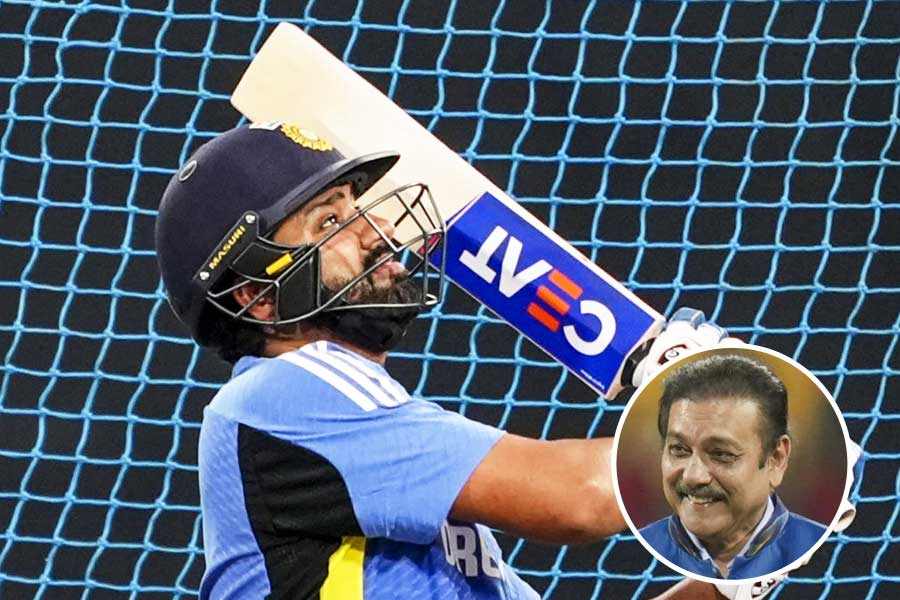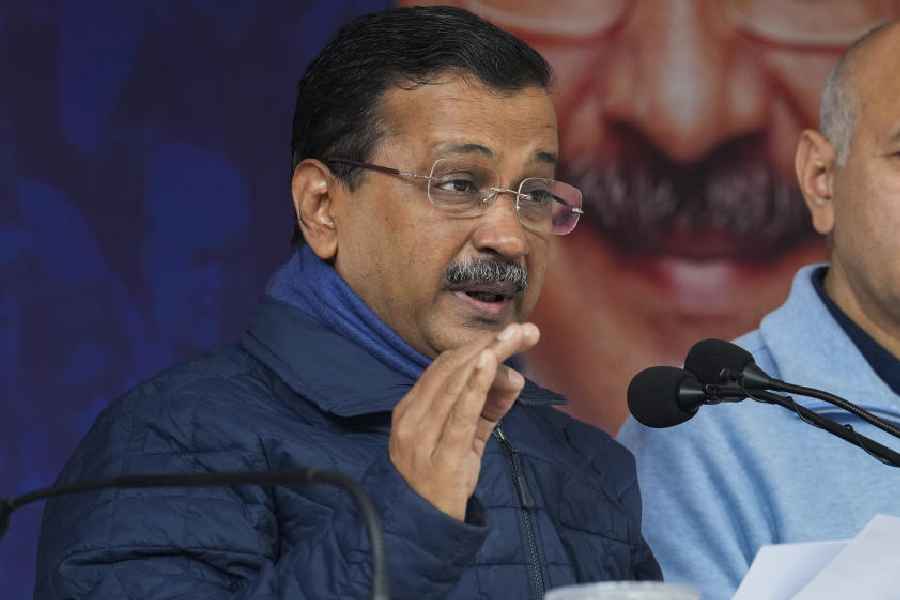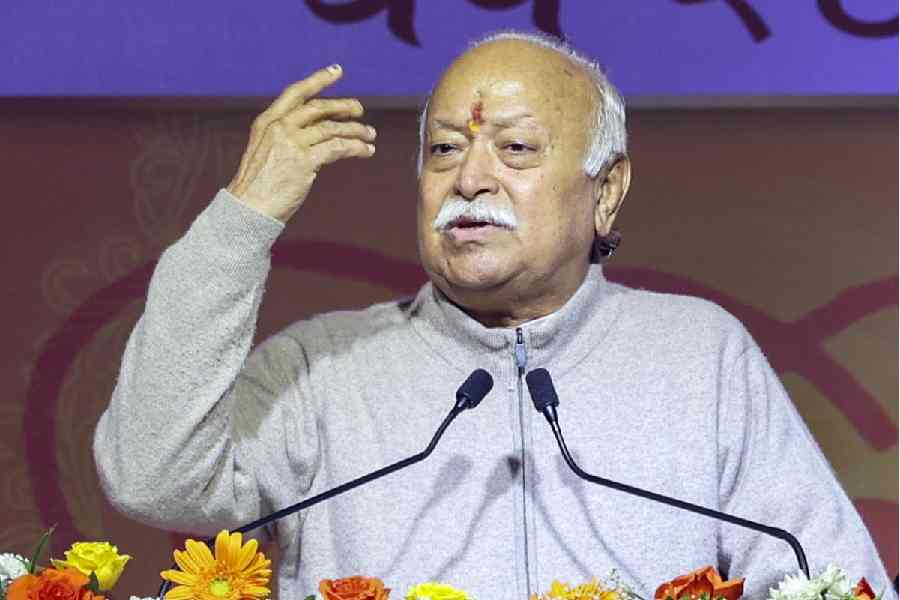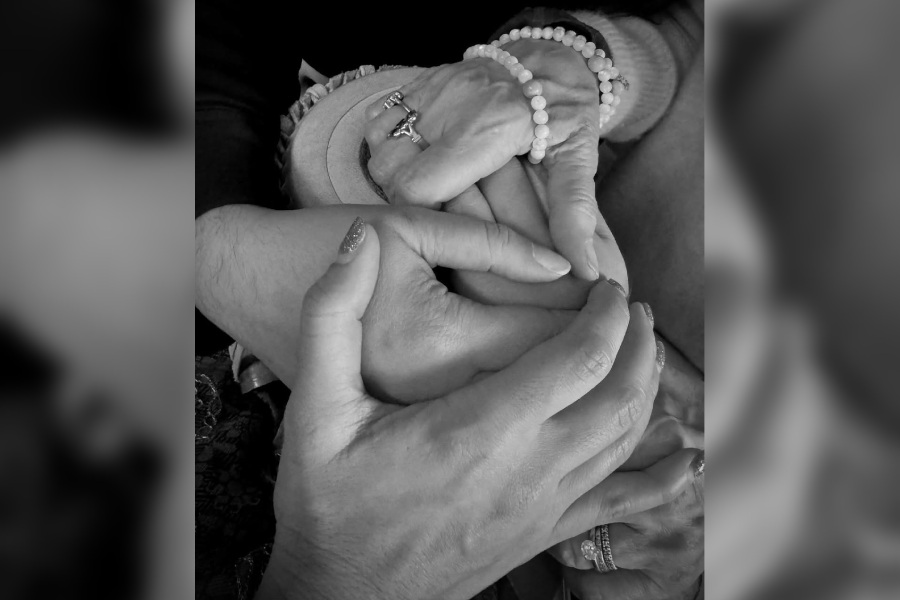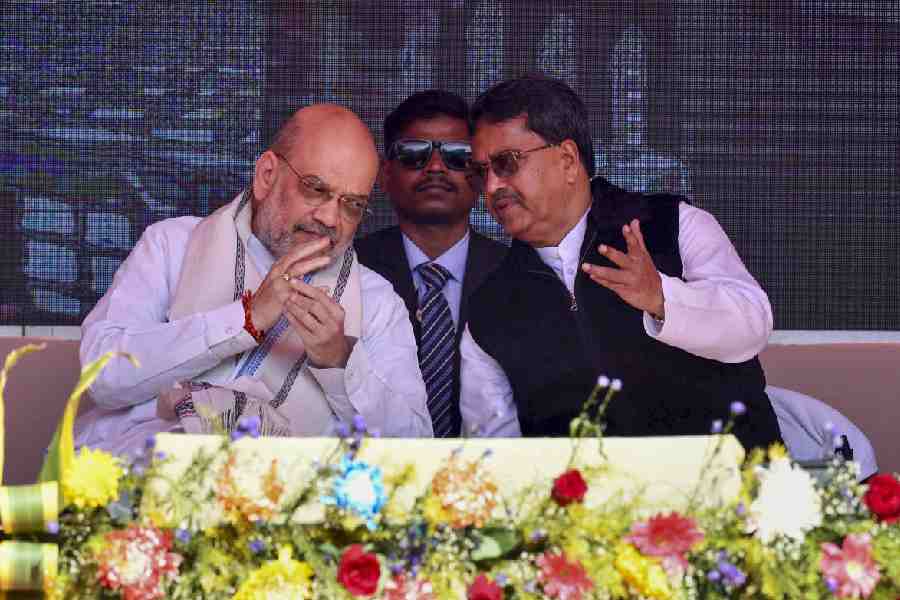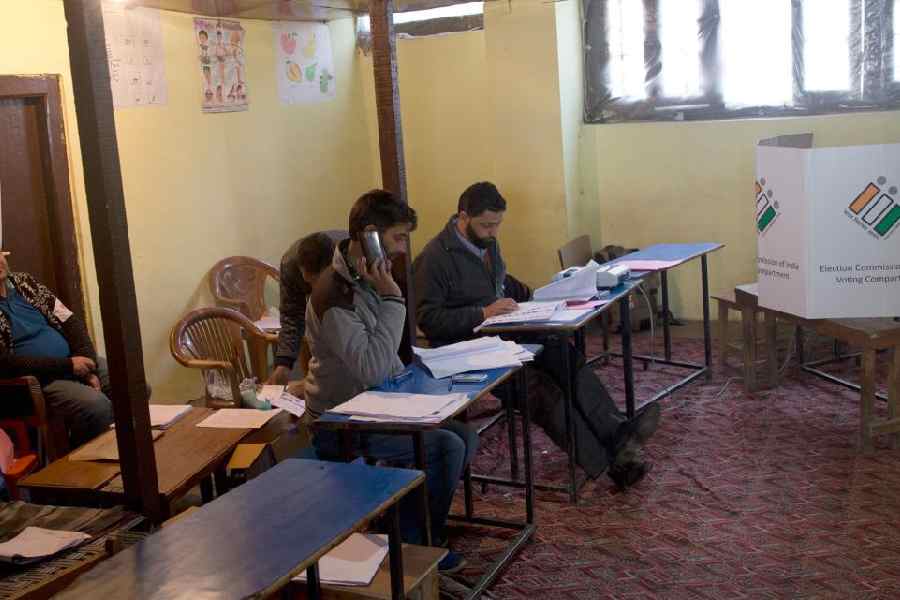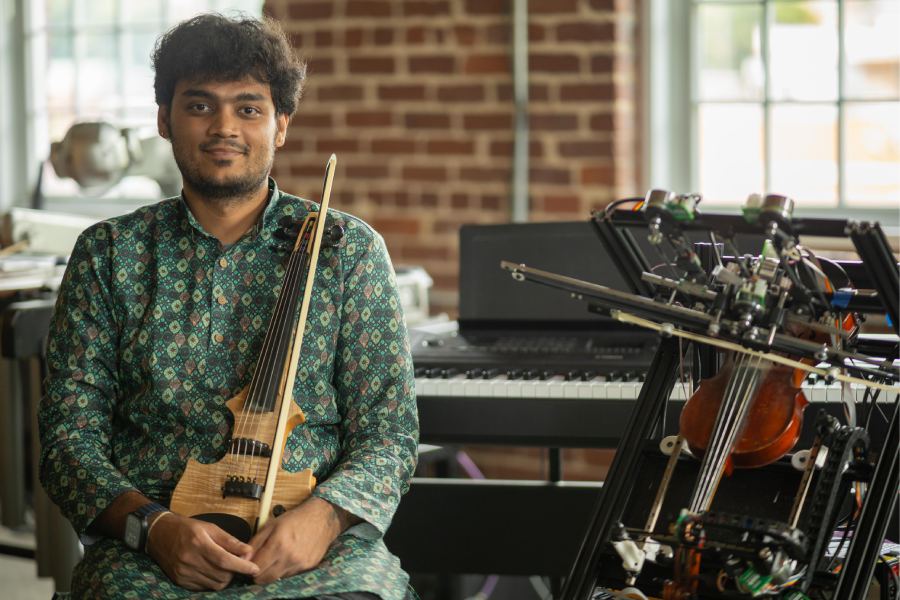Donald Trump’s election victory has elicited a range of responses from progressive, Left-leaning people. Among the most widespread in India is a certain schadenfreude: Trump, it is sometimes said, merely represents the ‘face’ of America that the rest of the world has always known. The Democrats, now crying about an impending tyranny, are responsible for or complicit in so much bloodletting — from Vietnam to Palestine — that the election of a budding tyrant does no more than express the tearing off of a hypocritical mask of respectability and concern for human rights.
The argument, of course, can draw upon many historical details that are incontrovertible. All the wars and coups that the United States of America wreaked upon the world during (and after) the Cold War were conducted by leaders and parties far more ‘respectable’ than Trump. That respectability provided morally horrific projects with a patina of legitimacy.
Is this really the lesson we should take from Trump’s victory?
Let us draw on an obvious parallel. What crimes has the Indian far-Right — during and before its current national hegemony — committed that exceed what the Congress did while in power? Has the Congress not been responsible for a significantly larger number of mass killings and intensely repressive, undemocratic policies than the Bharatiya Janata Party boasts yet? Was its hand in the 1984 pogrom not just as visible and bloodstained as its major opponent’s was in 2002? Did Indira Gandhi’s decision, carried out between 1969 and 1977, to wreck any controls on executive power not provide a powerful precedent to what is happening now? But does one conclude from all this that all that has happened since 2014 is that the mukhota of liberal-democratic commitment has been torn off and that the Indian government is showing to the population at large the face that the victims of Congress repression had always known about?
It is unwise to argue too much from analogy. At a more fundamental level, what worries us is an implicit assumption that the choice between the hypocrisy of centrists and the open cruelty of fascists is not a meaningful political choice. We contend, on the contrary, that even if we concede that liberalism and centrism are fundamentally masks for unlovely practices, something actually happens when the ‘mask’ is torn off. New possibilities emerge — for open and unashamed, State-led cruelty, for imperialist aggressions conducted without apology or dissimulation, for pogroms and deportations carried out in plain sight — to focus on a dimension that is definitely not part of ‘respectable’ centrist politics for all its hypocrisy, the active and intensive cultivation of ideologies of public hatred being openly and proudly expressed
and circulated.
Liberalism, centrism and ‘respectability’, however odiously hypocritical, do signal something worth defending against an onslaught by the far-Right: the existence of institutions mediating between States and citizens, restraint upon the open expression of murderous hatred in public life, acceptance of the basic principle of minority rights and, last but not least, the possibility of democratic public protest without the risk of the most vicious forms of repression.
A centrist ‘commitment’ to human rights may well be a ‘mask’. For that matter, Palestine or Black Lives Matter protestors may be perfectly aware that the State they protest against does not ‘actually’ believe in such principles at all. But they know that centrists need to claim such commitments, and that is precisely what allows them (the protestors) to anchor their own public expression of democratic outrage. All of that vanishes in the face of a regime whose commitment to reversing human rights is open, unashamed and consistent. If the custodians of the State do not even have a mask of decency that one can ‘expose’, what really is the point of democratic protest at all? The choices become so much starker: protest becomes a ‘revolutionary’ act that can be punished with the unmitigated force of the State rather than a principle that the State accepts but violates in practice. If we enter a situation where every act of protest is potentially an act of martyrdom or a heroic courting of violent repression, the possibilities of democratic criticism, assembly and protest become, at the least, severely constricted.
The argument that liberal-centrist politics is a mere mask could plausibly be extended to make the case that the unmasking is welcome: a wake-up call to recognise that the only alternative to fascist barbarism is socialism. There are two problems with such arguments. First, Left politics should be a struggle to expand the scope of democratic principles and possibilities rather than to expose and reject them. Working class, feminist, anti-racist and anti-colonial movements fought for many of the rights that have come to be accepted as the universal standard of human entitlements and democratic principles. A liberal democratic political framework agrees, in principle, to be judged by this universal standard. As such it is an environment within which radical, Left-democratic politics might flourish rather than suffocate. To reject it is to cut away the ground on which we stand. Second, is the triumph of Trumpism the moment when people should discard their illusions about the ‘rules-based world order’ and decide that it is a democratic pretension to mask Western imperialism’s hegemonic interests? The problem is that this is precisely what Trump and his authoritarian and majoritarian friends, including Narendra Modi, are working hard to get the world to believe.
Vladimir Putin purports to expose the double standards of Western democracies. He exults in the rise of Trump as evidence of the majority in the West rebelling against the moral values of the ‘Western liberal elites’. Likewise, Modi’s ‘Mother of Democracy’ discourse declares Hindu supremacism to be true democracy and human rights activists to be ‘Khan Market elites’ and ‘urban Naxal’ anti-nationals. Trump’s re-election validates and strengthens all such tyrants and their shared interest in delegitimising democratic standards.
In his first term, Trump told the United Nations General Assembly that democracy was not defined by universal “globalist” values but by “patriots” who were “rooted” in their respective national cultures and values. To defend democracy, he said, was to defend the “sovereignty” of such patriots. A Commission he set up recommended that US foreign and domestic policy distance itself from the “prodigious expansion of human rights”.
When indicted by US courts, Trump alleged a conspiracy by liberal elites and their “globalist” funders like George Soros. Likewise, Modi’s propagandists are saying that the US court that indicted Gautam Adani is stacked by Soros’s people in service of the US deep State in its dying moments before Trump takes over.
Biden’s Gaza strategy, repugnant as it was, exposed the stark decline in America’s power and influence over Israel. His half-hearted support for Ukraine telegraphed indecisiveness and lack of purpose. With most European Union and NATO nations supporting the International Court of Justice’s arrest warrant against Benjamin Netanyahu, the US is increasingly morally isolated. But with Trump, these dynamics will give way to an open and triumphant concert of tyrants.
Trump, Putin, Bashar al-Assad, Netanyahu, the Iranian clerics, Modi, Xi Jinping, the current Myanmar regime, Kim Jong-un, Recep Tayyip Erdogan, Giorgia Meloni, Viktor Orbán and their like share the same ideological goal even if geopolitical divisions currently prevent full coordination and cooperation amongst them. Similar kinds of authoritarian drives cross geopolitical frontiers with remarkable fluidity: this is the shape of the present.
If we see the blows to liberal democracy and centrism in the West as no great loss on account of the hypocrisies and crimes of Western imperialism, we disarm ourselves in the resistance to anti-democratic politics — at home and in the world.
To tacitly prefer an open culture of cruelty to one of hypocrisy may, to its purveyors, look like brave truth-telling. In actual fact, it is the biggest weapon in the discursive arsenal of authoritarians everywhere.
We urgently need a new progressive discourse. A discourse that, across geopolitical divides, builds solidarity based on a shared defence of democratic principles by an imperilled humanity.
Kavita Krishnan is a feminist activist and writer. Aditya Sarkar is Associate Professor of South Asian History, University of Warwick.

